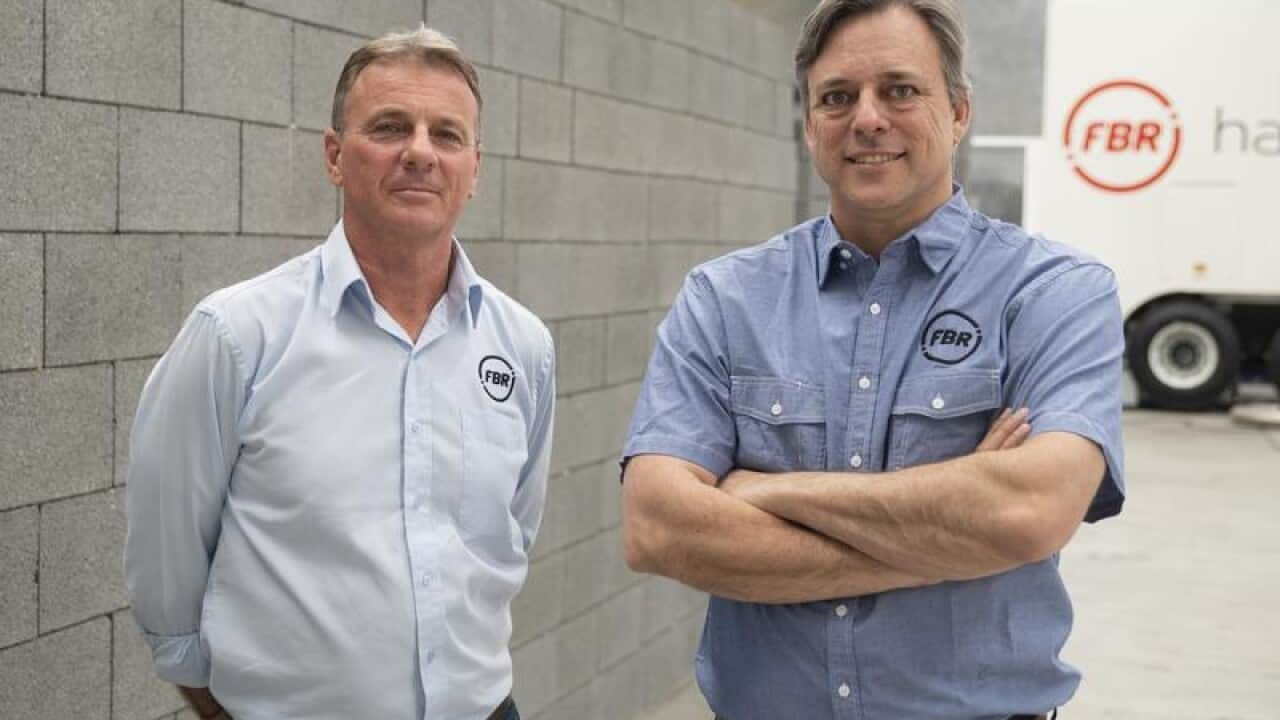Perth-based Fastbrick Robotics has achieved what it says is a world-first with the fully automated construction of a three-bedroom, two-bathroom house in less than three days.
The ASX-listed company says civil and structural engineers verified that the structure - completed on Monday in Western Australia by a robotic arm from a 3D model - met relevant building standards, setting the stage for commercialisation of the product.
The company's Hadrian X - a truck loaded with pre-cut bricks - is able to drive to a construction site, where a laser-guided robotic attachment feeds blocks through an arm and continuously places them into position.
"We now have the world's only fully automated, end-to-end bricklaying solution, with a massive market waiting for it," chief executive Mike Pivac said.
The construction means Fastbrick has met the 2015 milestone set by shareholders after the Hadrian X had previously built smaller structures in its Perth headquarters.
FBR shares jumped by more than 18 per cent when they came out of a trading halt on Wednesday.
"We now begin the next exciting phase for the company as we execute our global commercialisation strategy to capitalise on the significant demand for our technology," Mr Pivac said.
FBR says it has patterned with Wienerberger - the world's largest producer of bricks - as well as striking an agreement with Caterpillar and the Kingdom of Saudi Arabia.
The project could improve safety by taking the heavy lifting off labourers, while its accuracy should reduce waste by better managing materials.
The bricks are laid quickly and the Hadrian X allows builders to prefabricate internal elements because they can rely on the laser sub-millimetre accuracy.
The accuracy of the build, as well as the adhesive used in place of mortar, cuts power bills by making it thermally and acoustically efficient, the company says.
FBR has plans to move beyond urban sprawl and provide fast construction to disaster-ravaged areas around the world.
And despite cutting out a chunk of the work performed by tradies, the company says it will have a minimal effect on jobs.
"The whole concept of this technology came around because there was a shortage of bricklayers," an FBR spokesman told AAP.
"The challenge for the bricklaying industry is that it is hard work on the body - it's not a career people typically have for a very long time."
Shares in FBR were up 18.2 per cent to 19.5 cents at 1306 AEDT.
Share

